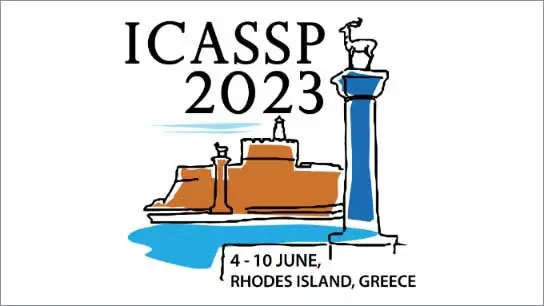Received Power Maximization with Practical Phase-dependent Amplitude Response in RIS-Aided OFDM Wireless Communications
Dimitris Kompostiotis (University Of Patras ); Dimitris Vordonis (University of Patras); Vassilis Paliouras (University of Patras)
-
Members: FreeSPS
IEEE Members: $11.00
Non-members: $15.00
07 Jun 2023
A Reconfigurable Intelligent Surface (RIS) acts as an intelligent scatterer, reflecting the incoming signal to the desired destination by adjusting a multitude of phase-shifts in real-time. Most research works consider full signal reflection; i.e.,
the reflection coefficient at each element is assumed to have unit amplitude, despite the phase-dependent amplitude response observed in practice. In this paper, based on a practical phase-shift model, we formulate an optimization problem to maximize the power received by the user subject to a frequency-selective fading channel under Orthogonal Frequency Division Multiplexing (OFDM) transmission. An iterative algorithm is proposed, applying alternating optimization (AO) techniques. Both continuous and discrete phase shifters are examined, while the mutual coupling effect due to inter-element spacing is also considered. Simulation results reveal that the proposed reflection optimization algorithm outperforms, in terms of achievable data rate, state-of-the-art passive beamforming methods, which are based on the conventional ideal phase shift model.

